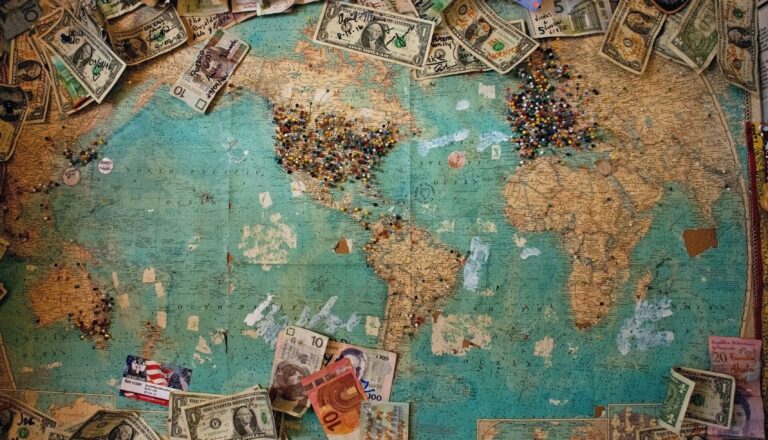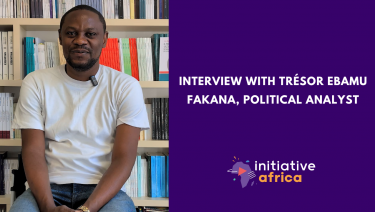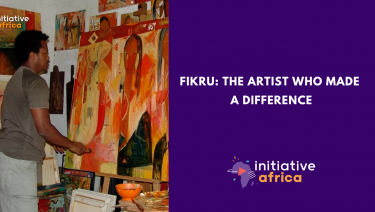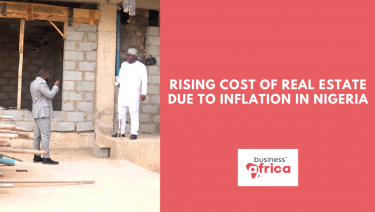Anti-poverty programs do not work

Sebastian Woller
Without management, economic aid programs are rarely successful in creating prosperity. In 1949 after two world wars, Western Europe’s manufacturing was a generation behind the United States. What raised European business out of the ashes was the Marshall Plan’s ‘Technical Assistance’ program.
Largely financed by the European governments themselves, Germany, Italy, France, and the UK sent thousands of handpicked businessmen to America. Organised in some 200 productivity teams, they were tasked to find useful techniques and to study the American success story. For several months, the Europeans toured automotive companies, business schools, textile mills, and so on in the United States.
In one way or another, each of these teams arrived at the same conclusions: American prosperity and achievements were not based on machines or the lack of wartime destruction, but rather on the social organization and moral values underlying its industry. In other words their management skills.
Africa needs a new managerial attitude
Indeed, the critical piece to creating prosperity and economic progress is competent management. It makes the wheels go round. Management creates employment, increases salaries, and improves productivity. It establishes large organizations and attracts the brightest minds. Without it, foreign aid or anti-poverty programs are as futile as measuring happiness by the American Dollar.
In the book “Moving Out of Poverty”, the authors explain why and how some people escape poverty in Africa, Asia, and Latin America. Based on discussions with over 60,000 people in rural areas, the project, sponsored by the World Bank, finds that fewer than 1% escaped poverty through aid programs. Instead, people who rose up the ladder from poverty to prosperity assigned their progress to jobs, new sources of income, and new businesses.
All are direct consequences of management thinking.
As good as the clarion calls from The United Nations sound, which asks richer nations to provide more aid to help poor countries fight poverty, they do not usher in the needed change of attitude to solve Africa’s challenges. Money by itself does not supply productivity. Good managers and leaders do. They create and design opportunities that lead to economic progress and help alleviate poverty.
Prosperity as a social principle
For now, more wealth leaves Africa than enters it. As research by Global Justice Now made clear in 2017, the majority of loans, aid and personal remittances sent to the continent are lost either directly, through multinationals moving money into tax havens, or indirectly by costs imposed by the developed world.
If but a small part of the West’s anti-poverty programs inspired responsible management, Africa would face a brighter future. Sending African productivity teams on field trips to the West is surely one way of increasing efficiency and labour productivity. An African “Technical Assistance” program could provide the continent with a clear view of the social principles that have helped bring prosperity to Europe and the Western World.
See also

Shea Butter Skincare — Made in Burkina Faso
In Ouagadougou, Odiss Cosmétiques is transforming damaged skin and outdated beauty standards using one powerful tool: locally sourced, natural ingredients like shea butter, neem, and baobab oil. Founded by Denise Odette Konseiga, a former pharmacy assistant, Odiss has grown into a certified organic brand that now employs 17 staff and supports over 300 women across shea cooperatives. From Burkina to Belgium and beyond, the brand is making waves. In a market long dominated by imports, Odiss is proving that African-made skincare can be both ethical and effective. Journalist: Sonia Kocty

Interview with Trésor Ebamu Fakana, political analyst
In the Democratic Republic of Congo, organ transplantation remains largely unregulated and unpracticed. Political analyst and anti-human trafficking expert Trésor Ebamu Fankana calls for urgent public debate and legal reform to address the ethical, medical, and legal challenges linked to organ donation and trafficking. In this interview, he discusses his latest book Let’s Talk About It and warns about the dangers of inaction in a region where insecurity, poverty, and legal loopholes create fertile ground for exploitation. Journalist: Alexandra Vépierre

The Artist Who Made a Difference
From his first exhibition in 1995 to over 30 solo shows across Europe and North America, Ethiopian painter Fikru Gebremariam has carved out a singular path. His latest collection — exhibited at the Alliance Ethio-Française in Addis Ababa — marks a bold new chapter: an embrace of abstract expressionism rooted in African soil. In this portrait, Fikru reflects on his artistic evolution, his rejection of labels, and the subconscious forces that shape his work. Art historians, curators and fellow artists explore how his life, heritage, and travels converge on canvas. Journalist: Tefera Ghedamu

Rising cost of real estate due to inflation in Nigeria
In Nigeria, inflation is driving up construction and rental costs at an unprecedented rate — with building expenses increasing by 300% and rental prices soaring by over 200%. Architects, developers and prospective homeowners face daily uncertainty, while low- and middle-income families struggle to secure housing. Through the voices of developers, tenants and market experts, this report explores how skyrocketing costs are impacting housing access and what this means for the future of Nigeria’s real estate. Watch the full video for a closer look at the human and economic consequences of an unregulated market under inflationary strain. Journalist: ANNABELLE AYANGBADE